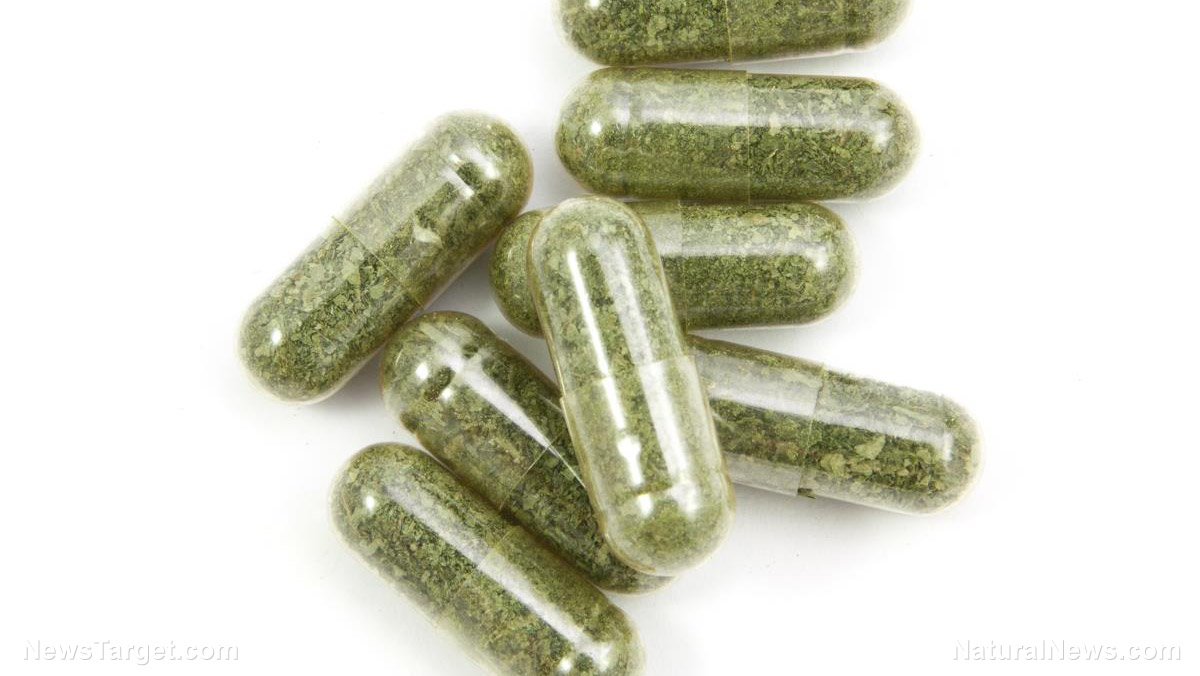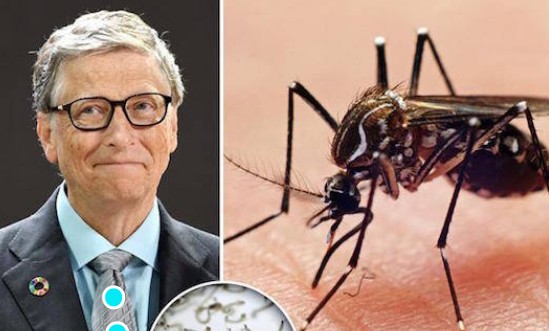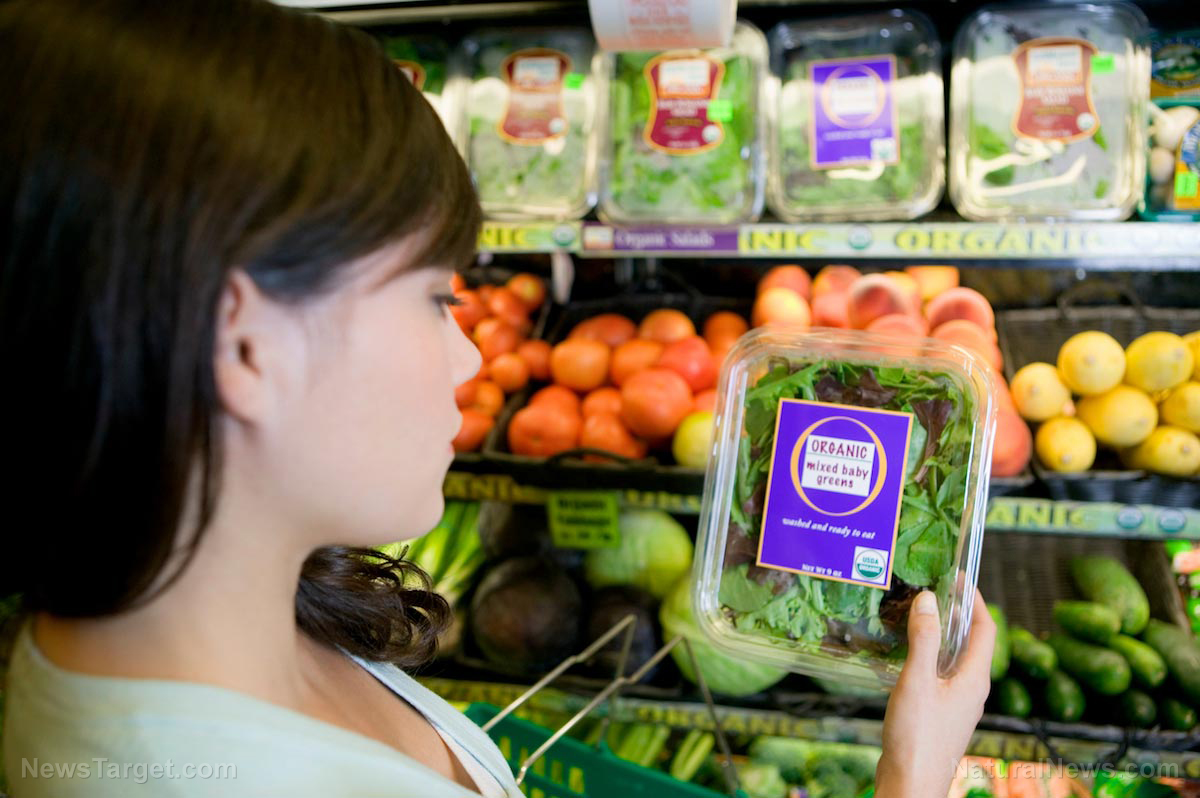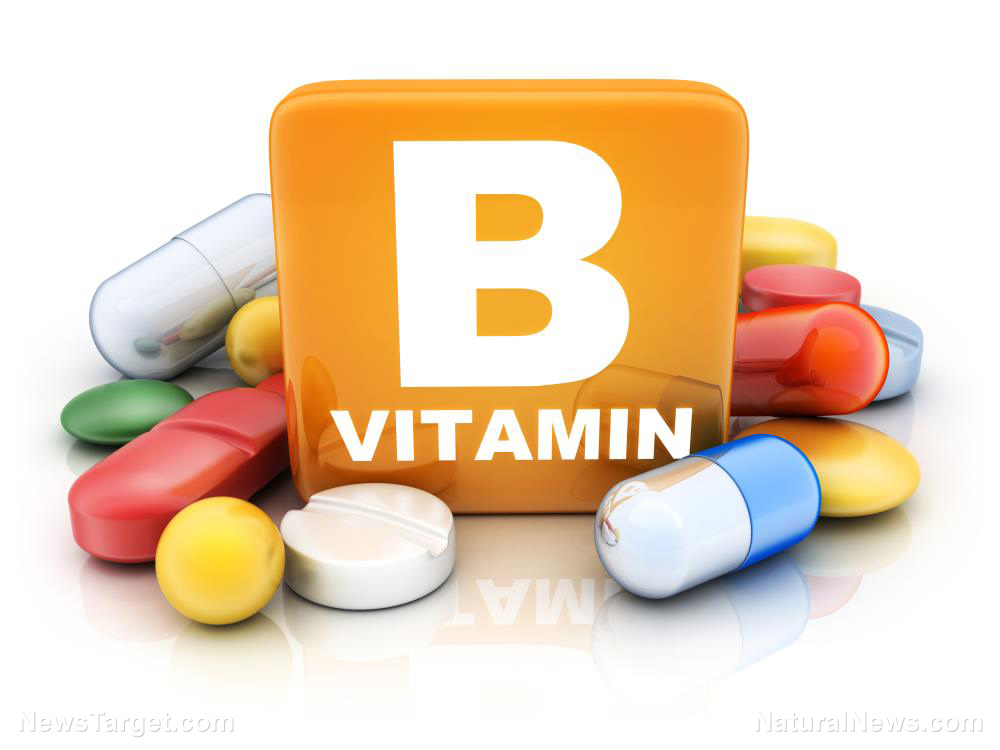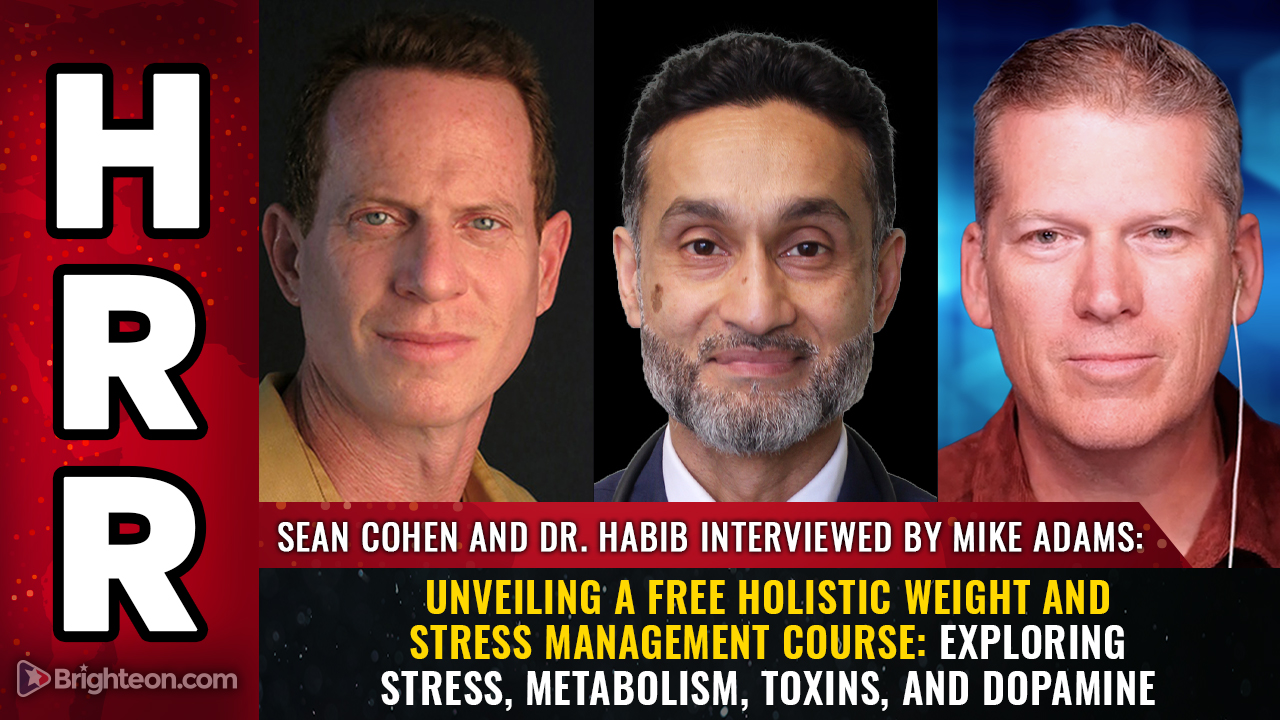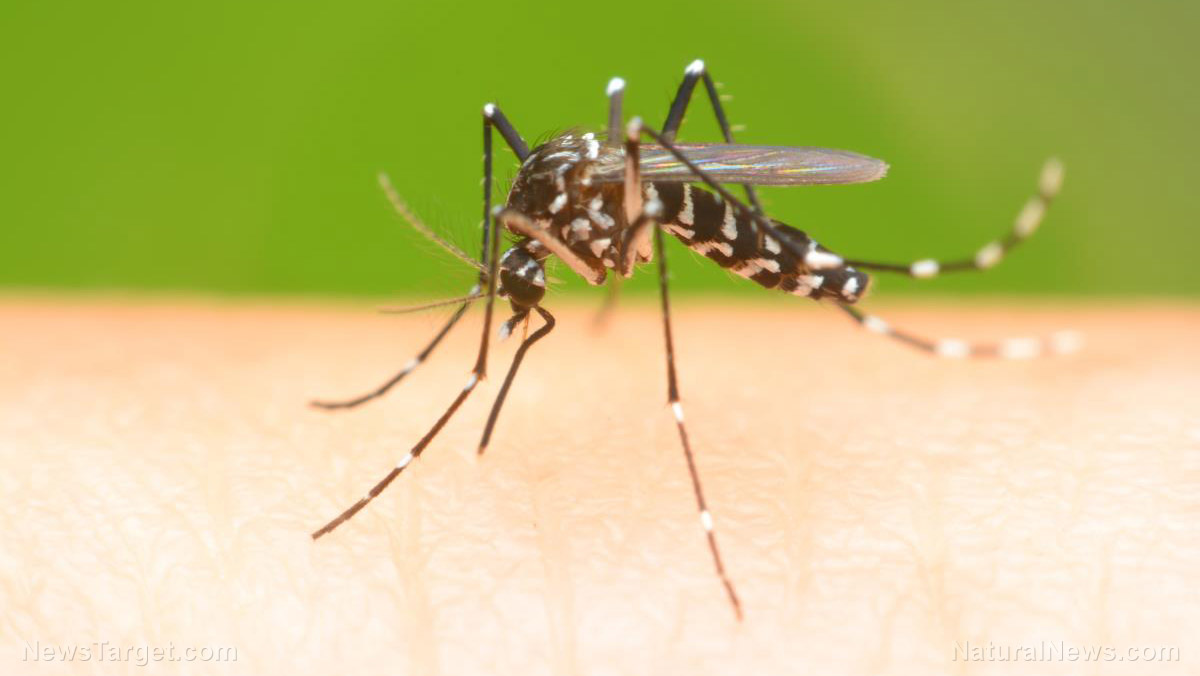New study focuses on the types of ultra-processed foods that are stealing years from your life
09/02/2025 / By Lance D Johnson

You’re standing in the grocery store aisle, scanning labels like a detective on a mission. The bright packaging promises convenience, flavor, and maybe even a sprinkle of “health benefits.” But what if the real story behind those ingredients isn’t just empty calories—it’s a slow, calculated theft of your vitality, your health, and even your lifespan? A sweeping new study has pulled back the curtain on the deadliest additives lurking in ultra-processed foods (UPFs), revealing a chilling truth: these aren’t just snacks or quick meals. They’re industrial concoctions engineered to hijack your biology, one synthetic mouthful at a time. And the worst part? They’re everywhere.
The research, published in eClinicalMedicine, doesn’t just confirm what we’ve long suspected—that UPFs are linked to obesity, diabetes, and heart disease. It goes further, naming the specific additives that are most strongly tied to an early grave. We’re not talking about vague warnings anymore. We’re talking about a roster of chemical culprits, from flavor enhancers like glutamate to artificial sweeteners like sucralose, that are quietly rewiring our metabolism, inflaming our bodies, and shortening our lives. The study’s findings aren’t just a red flag; they’re a full-blown alarm bell, echoing through the aisles of every supermarket and fast-food drive-thru in America.
Key points:
- A landmark study identifies 12 specific ultra-processed food additives—including glutamate, sucralose, and maltodextrin—that significantly increase the risk of early death.
- Participants who consumed more than 18% of their diet as UPFs faced a sharply higher mortality rate over an 11-year period.
- UPFs are engineered to bypass satiety signals, leading to overeating, metabolic dysfunction, and chronic disease—yet they’re marketed as “convenient” and “harmless.”
- Not all UPFs are created equal: Some additives (like gelatine) may lower mortality risk, while others (like artificial sweeteners) are strongly linked to metabolic collapse.
- The food industry’s decades-long campaign to replace whole foods with lab-made substitutes has fueled a public health crisis, with regulatory agencies often complicit in the deception.
- Natural, minimally processed foods—rich in nutrients and free from synthetic additives—remain the most powerful defense against the UPF epidemic.
The chemical cocktail: How ultra-processed foods rewire your body
Imagine feeding your car a steady diet of sugar water and motor oil, then acting surprised when the engine seizes. That’s essentially what happens when we subsist on UPFs. These aren’t foods in the traditional sense; they’re industrial products, designed in labs to hit the perfect balance of addictive taste, long shelf life, and dirt-cheap production costs. The problem? Our bodies weren’t built to process them.
The German study zeroed in on five categories of additives that define UPFs: flavorings, flavor enhancers, color agents, sweeteners, and processed sugars. But within those categories, 12 specific compounds emerged as the most dangerous. Let’s meet the usual suspects:
- Flavor enhancers (glutamate, ribonucleotides): These compounds trick your brain into perceiving “deliciousness” by overstimulating taste receptors. The result? You eat more, crave more, and never feel truly satisfied. Glutamate, in particular, has been linked to neurodegenerative diseases and metabolic syndrome—a cluster of conditions that pave the way for diabetes and heart disease.
- Artificial sweeteners (acesulfame, saccharin, sucralose): Marketed as “guilt-free” sugar substitutes, these chemicals are anything but. Studies show they disrupt gut bacteria, spike insulin levels, and may even rewire the brain’s reward system, making natural foods taste bland by comparison. Worse, they’ve been tied to increased cancer risk, particularly in the breast and liver.
- Processed sugars (fructose, inverted sugar, maltodextrin): These aren’t your grandma’s table sugar. Fructose, for instance, is metabolized almost exclusively by the liver, where it triggers fat production and insulin resistance—a one-two punch for obesity and diabetes. Maltodextrin, a common thickener, has been shown to alter gut microbiota in ways that promote inflammation and autoimmune disease.
- Caking and gelling agents: While some, like gelatine, may have neutral or even beneficial effects, others (such as certain emulsifiers) have been linked to intestinal permeability—a condition where the gut lining becomes “leaky,” allowing toxins to enter the bloodstream and trigger systemic inflammation.
These additives don’t work in isolation. They’re part of a synergistic toxic load that accumulates with every UPF-laden meal. Your body isn’t just dealing with excess sugar or salt; it’s bombarded with a cocktail of chemicals that interfere with hormones, damage organs, and accelerate aging. And because UPFs are stripped of fiber, protein, and micronutrients, they leave you malnourished even as you gain weight—a paradox that explains why obesity and nutrient deficiencies often go hand in hand.
Dr. Samuel Dicken, a co-author of the British weight-loss study, put it bluntly: “We saw significantly greater weight loss on the minimally processed food diet.” Why? Because real food signals your brain and body to stop eating when you’re full. UPFs, on the other hand, are designed to override those signals, keeping you hooked on the next bite.
How to fight back and win daily
This isn’t an accident. The rise of UPFs is the result of a deliberate, decades-long campaign by the food industry to replace whole foods with cheaper, shelf-stable, and hyper-palatable substitutes. To understand how we got here, we need to rewind to the mid-20th century, when two seismic shifts occurred:
- The demonization of natural fats: In the 1950s, a flawed study by Ancel Keys (later debunked) linked dietary fat to heart disease. The food industry pounced, replacing butter and lard with hydrogenated vegetable oils—the same trans fats that would later be banned for their role in cardiovascular disease. Meanwhile, sugar consumption skyrocketed as fat was vilified.
- The birth of “convenience culture”: Post-WWII America embraced processed foods as a symbol of progress. Frozen TV dinners, instant mashed potatoes, and canned soups became staples. By the 1980s, Big Food (backed by government subsidies for corn and soy) had perfected the art of addiction engineering—using salt, sugar, and fat in precise ratios to maximize cravings.
Fast-forward to today, and UPFs make up nearly 60% of the average American’s diet. They’re in bread, cereal, yogurt, granola bars, and even “healthy” frozen meals. And thanks to lax labeling laws, many of these additives hide under innocuous-sounding names like “natural flavors” or “modified food starch.”
In a world where UPFs are cheaper, more convenient, and aggressively marketed, getting whole foods is sometimes harder than it looks. Here’s how to start:
- Read labels like a detective: If it has more than five ingredients, or includes words you can’t pronounce, it’s probably a UPF. Look for hidden sugars (maltodextrin, dextrose, “fruit juice concentrate”) and artificial additives (anything ending in “-ose,” “-ate,” or “-ide”).
- Cook from scratch (even a little): You don’t need to become a gourmet chef. Batch-cooking simple meals—like soups, stews, or roasted veggies—can break the UPF cycle. Studies show that people who cook at home consume fewer calories and more nutrients, even when they’re not trying to diet.
- Prioritize nutrient density: UPFs are calorie-dense but nutrient-poor. Focus on whole, colorful foods—leafy greens, berries, nuts, seeds, grass-fed meats, and wild-caught fish—that deliver vitamins, minerals, and antioxidants your body actually recognizes.
- Beware the “health halo”: Terms like “low-fat,” “sugar-free,” or “fortified” often signal UPFs in disguise. A low-fat yogurt might be packed with artificial sweeteners; a “whole-grain” cereal could be laced with maltodextrin.
- Detox your pantry (and your mind): UPFs hijack your brain’s reward system, making whole foods taste bland at first. Give yourself two to three weeks to reset your palate. You’ll be amazed at how sweet a strawberry tastes when you’re not drowning in fake sugars.
- Get gardening: Take the seeds out of your fruit and learn how to sprout them, transplant them to pots, and grow what you can.
- Build new habits so you don’t over-obsess about everything: Healthy eating isn’t about over obsessing about every chemical lurking out there. Instead it’s about building new habits that incorporate nutritious whole foods and instinctively knowing which products are the worst offenders so you automatically don’t reach for them. Worry less, and build better habits first.
The British weight-loss study offered a glimmer of hope: Participants who cut out UPFs lost twice as much weight as those who didn’t—without counting calories or restricting portions. Why? Because real food regulates appetite naturally. Your body knows what to do with an apple. It doesn’t know what to do with a frappuccino made from 47 lab-made ingredients. Every time you choose a real meal over a processed one, you’re casting a vote for your health—and for a future where food nourishes instead of poisons you.
Sources include:
Submit a correction >>
Tagged Under:
artificial sweeteners, Brain, Censored Science, chronic disease, cooking at home, corporate greed, detox diet, early death, food additives, food industry, grocery, gut health, health crisis, Heart, inflammation, ingredients, label reading, longevity, metabolic health, natural diet, nutrients, nutrition science, obesity epidemic, real food, regulatory failure, sugar addiction, toxins
This article may contain statements that reflect the opinion of the author



